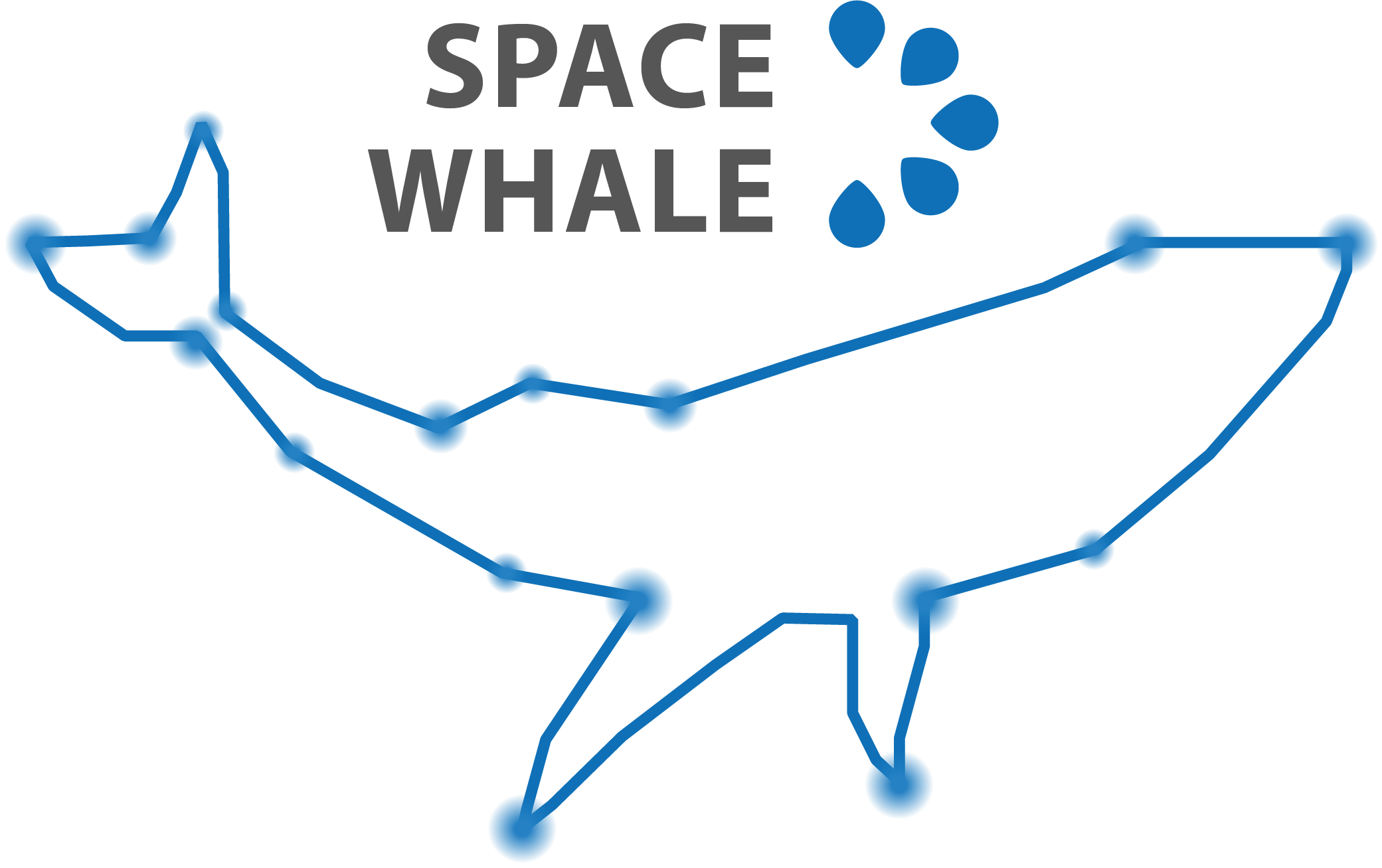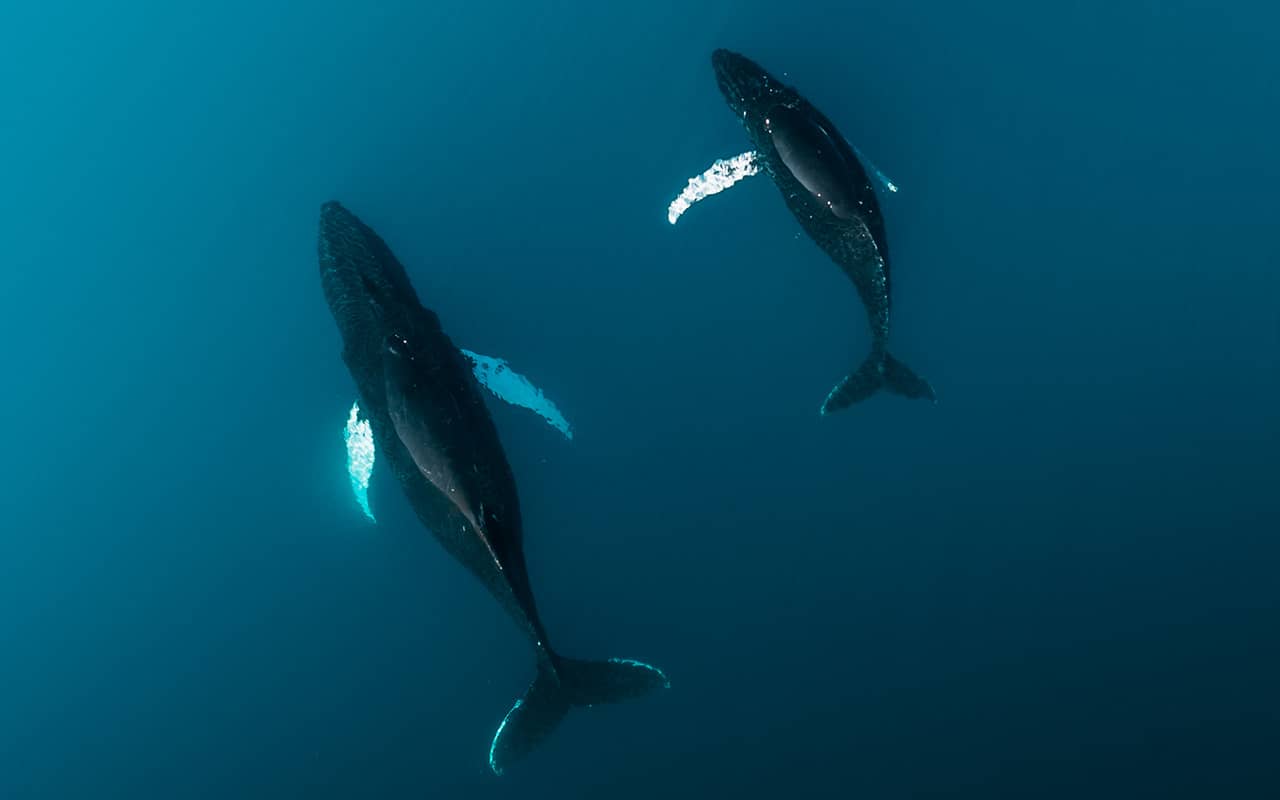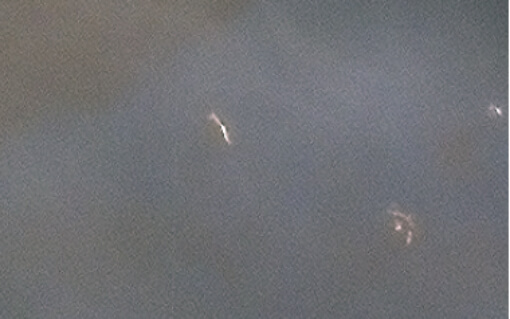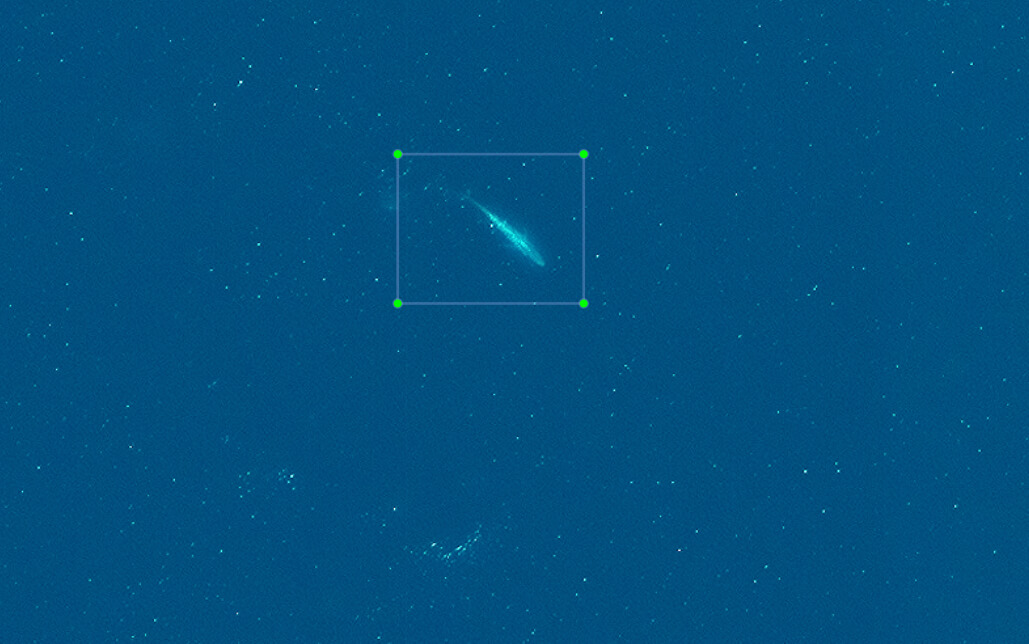What We Do
SPACEWHALE is a novel method for detecting whales in very high-resolution (VHR) satellite imagery which can monitor regions in the high seas where traditional boat or aerial-based surveys are difficult to execute. We merge the latest in space-based and Deep Learning assets with a team of expert biologists to offer clients a range of products including abundance and distribution estimates.
Abundance
We provide abundance estimates for large whales on a per-survey basis which can be used to generate population trends over time.
Distribution
Using advanced modelling techniques, we create distribution maps of target species in ESRI-compatible raster formats.
Bespoke analyses
Working with our clients we offer bespoke analyses to help guide conservation and advanced ecological studies.
Hawaii / Peninsula Valdes
Pelagos Sanctuary
Bay of Biscay
Auckland Islands
Loreto National Park
Mapping Whales From Space - Our Publications
Open our publications as PDF by clicking on the buttons below or find more information for Borowicz et al., 2019 (https://doi.org/10.1371/journal.pone.0212532), for Höschle et al., 2021 (https://doi.org/10.3390/s21030963), and for Höschle et al., 2022 (International whaling commision, https://iwc.int/en/).
Media
Counting Whales from Space with SPACEWHALES
Learn more about SPACEWHALES’ technology and application and how it may fit to your use case.
Partners
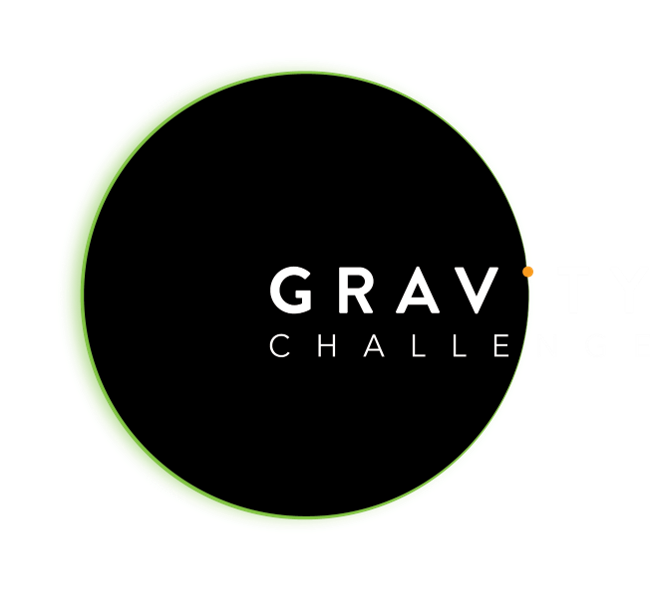

https://gravitychallenge.space/gravity-04-challenge-solutions-awards
This prize will give SPACEWHALE the opportunity to further advance our ethical AI solution that we use for detecting whales from high resolution satellite imagery by helping to create a baseline for marine protected areas. Working with WDC will give us the chance to improve protections for charismatic and important marine mammals.
https://www2.deloitte.com/uk/en/pages/innovation/solutions/wdc.html
Research Team

Caroline Höschle
Project lead | Marine mammal scientist
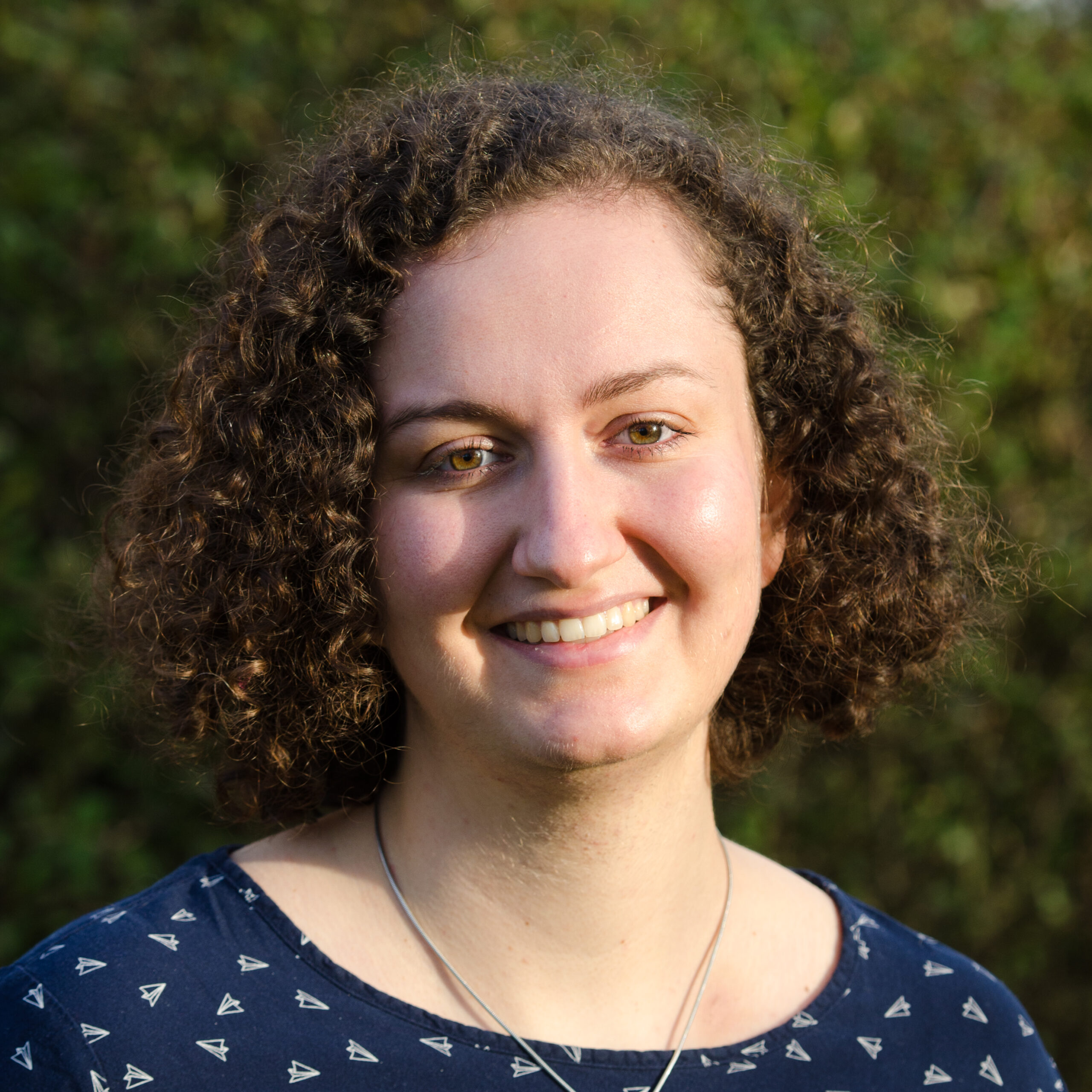
Julika Voss
Project lead | Marine mammal scientist
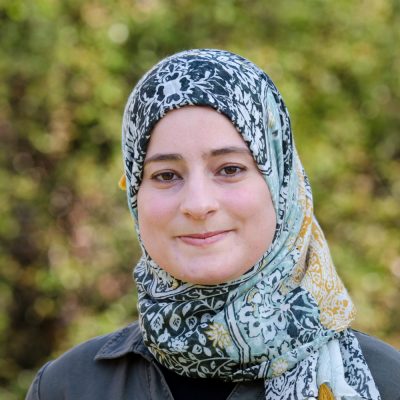
Dr. Amel Ben Mahjoub
Image recognition specialist
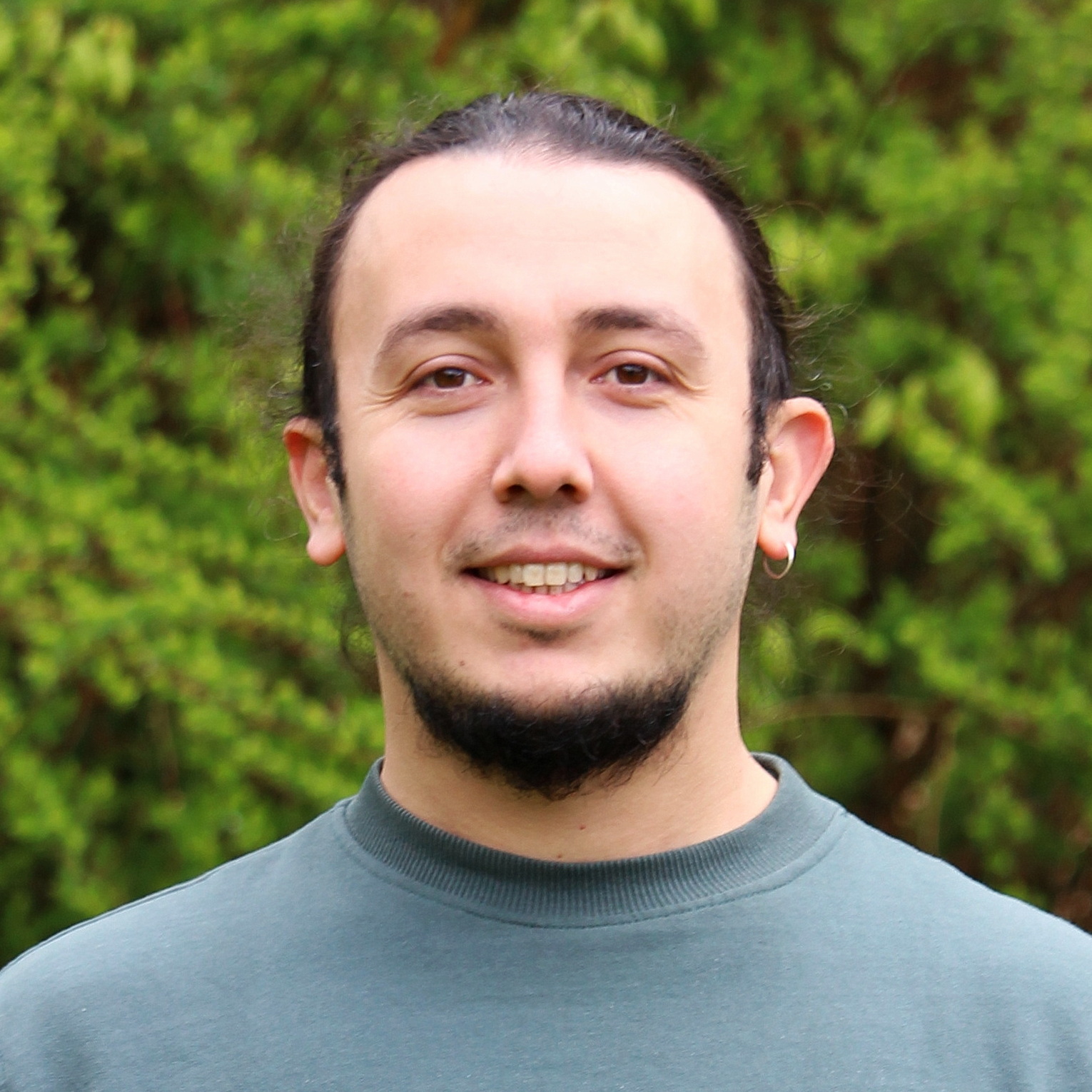
Recep Can
Computer vision engineer

Vladislav Kosarev
Programmer | Geospatial analyst

Marc Schnurawa
Spatial data analytics

Dirk Renner
Flight organisation and Data management

Kai Christensen
Review / ID Team coordinator
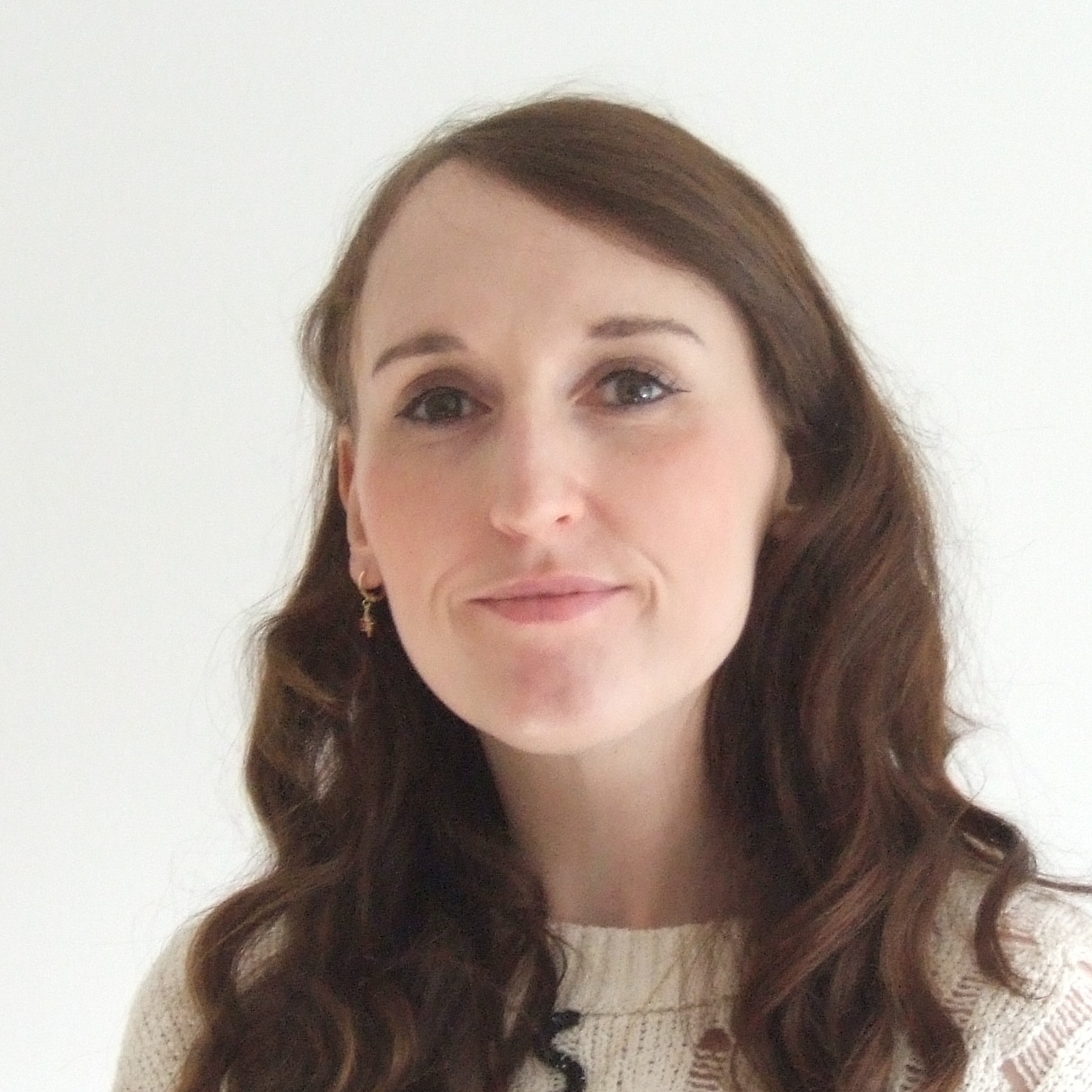
Natalie Murray
Marketing and Media Officer

Dr. Kelly Macleod
Associate director HiDef | Marine mammal scientist

Dr. Georg Nehls
Managing director BioConsult SH
Review Team

Theo Jensen
Review

Volker Schlemm
Review
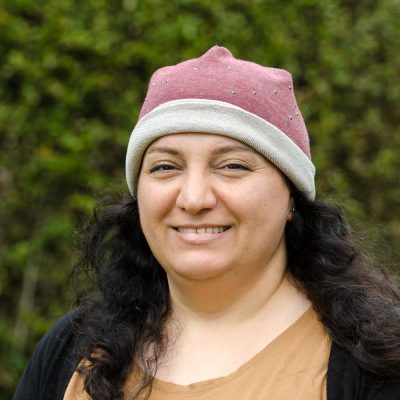
Evlin Mirza
Review

Karo Galoyan
Review
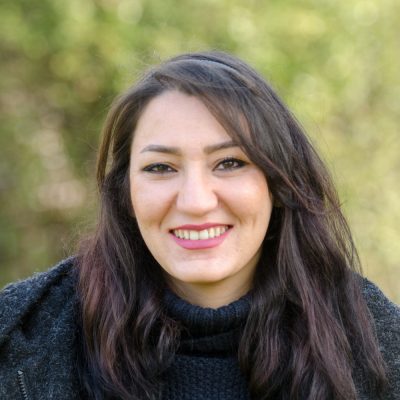
Morsal Aslami
Review
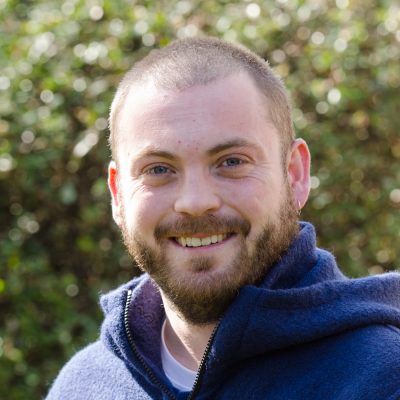
Lennart Rienitz
Review
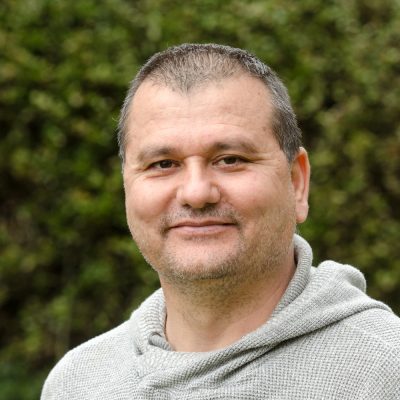
Farhad Ataee
Review

Gunnar Wolff
Review

Carsten Klein
Review
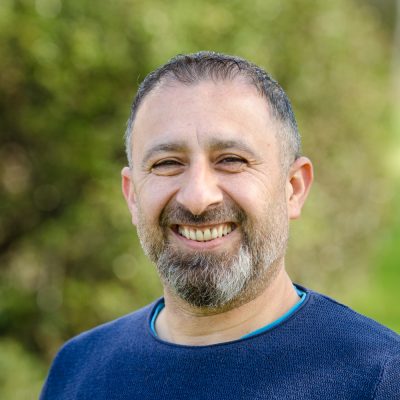
Sardar Mirza
Review
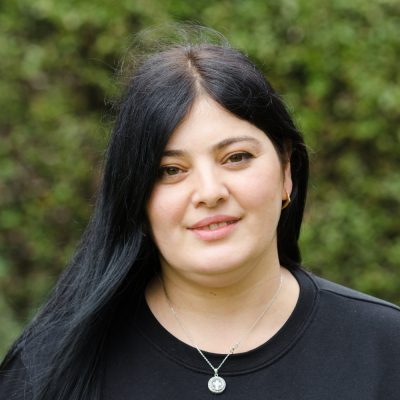
Nevard Saroyan
Review
Contact
Office
25813 Husum, Germany
